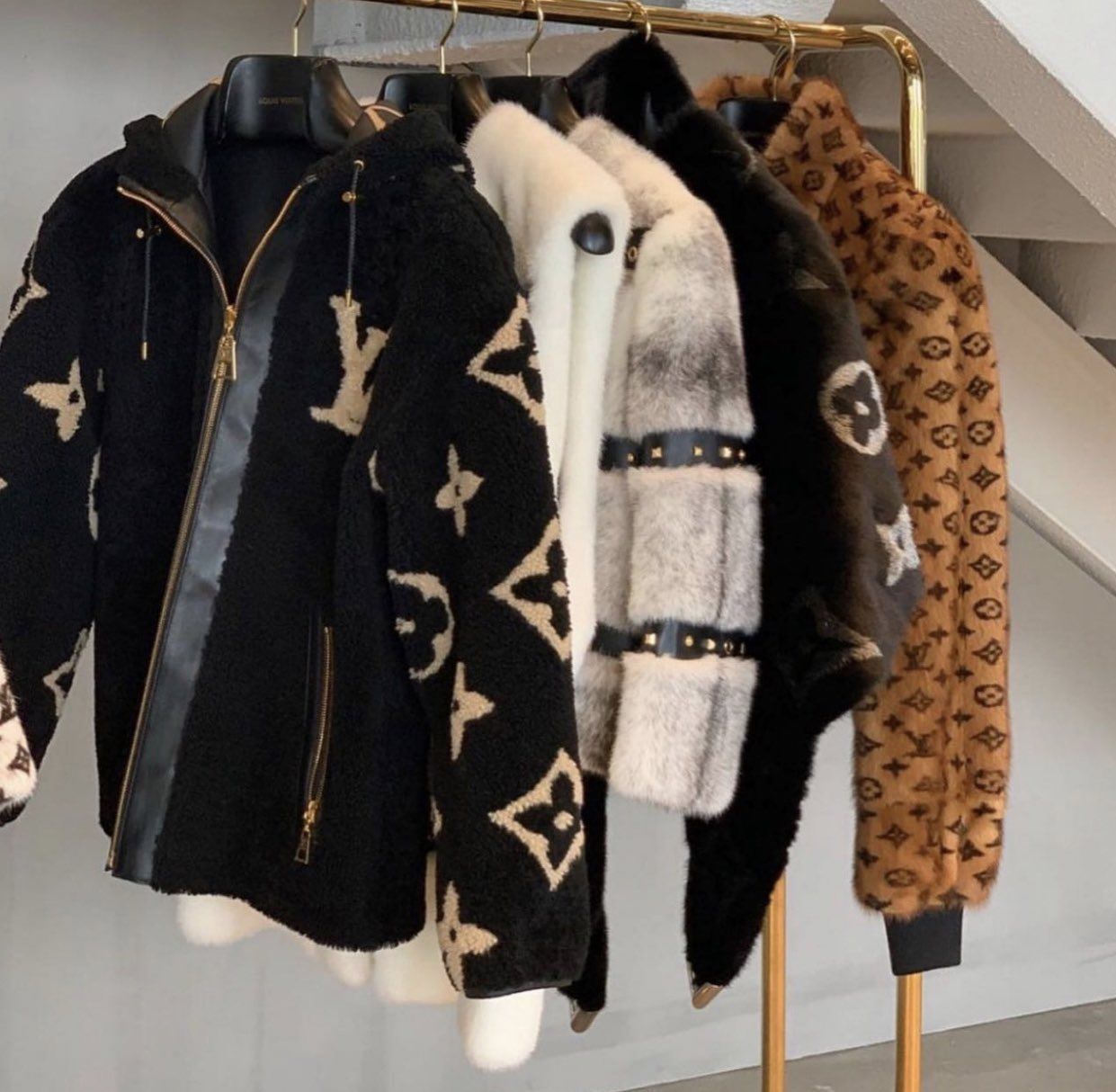The Consequences of Equating Designer Goods with Success
March 27, 2022
Fit check! How much is your outfit? #OOTD! Drip or drown… In today’s capitalistic society, clothing and accessories have become akin to indicators of social status; they are, along with physical characteristics, what others immediately notice about another person the moment they meet. As a result, consumers chase after designer goods, no matter the cost, to display an augmented sense of worth and success.
We as a society have normalized equating owning designer goods as being accomplished. Wow, look at her Saint Laurent shoulder bag! She’s made it. No way—is he wearing those $1000 Off-White cargo pants? He’s rolling in money. Because of social media’s wide influence on young teens, we now even see pre-teens strutting their Stone Island ribbed sweaters and Balenciaga Triple S sneakers.
Fashion is very telling of a person’s personality and interests; someone dressed in Y2K fashion is likely into thrifting and pop culture. Someone else dressed in grunge fashion is possibly a fan of alternative rock music. These are all forms of self-expression, but can the same be said for those who refuse to wear anything that isn’t designer?
Don’t get me wrong—some designer clothes can be worth the price for their tailored fit and feel. For example, a custom Burberry suit made of the finest materials like cashmere and silk likely lives up to its thousand-dollar price tag. A Birkin bag made of Nile crocodile hide is undoubtedly expensive because of its high-quality leather at the cost of unimaginable suffering by the reptile it’s made out of. How about a $250 Hermes eye mask, though? Or $390 Bottega Veneta socks? In these cases, consumers purchase these goods for their name rather than their craftsmanship. Such people see only designer items as worthy, and as a result, they often associate only people who wear those items as successful.
Many consumers who purchase luxury goods are not financially stable enough to do so but act against their best interests to display a higher social status and provide a sense of belonging. A vicious cycle of doing whatever it takes to have the “it” item ensues. The Louboutins heels. The Louis Vuitton beret. This materialistic approach to life skews human psychology in many surprising ways. According to Investopedia, flawed rationale and low self-esteem often lead to people chasing after designer items. Additionally, with the rise in online shopping, it is now easier to splurge on unnecessary designer items for retail therapy.
The desperation to wear designer clothes also leads to mass purchasing dupe or fake products. Especially for those with a strong online presence, some of their identities are crafted out of owning designer. For example, South Korean reality star Song Ji-a has been under hot water for wearing fakes from brands like Chanel, Versace, and Off-White while promoting them as authentic. Although there certainly isn’t anything inherently wrong with buying cheap replicas of designer items, it is crucial to dissect why people choose to do so in the first place; what truly is the purpose of wearing designer?
